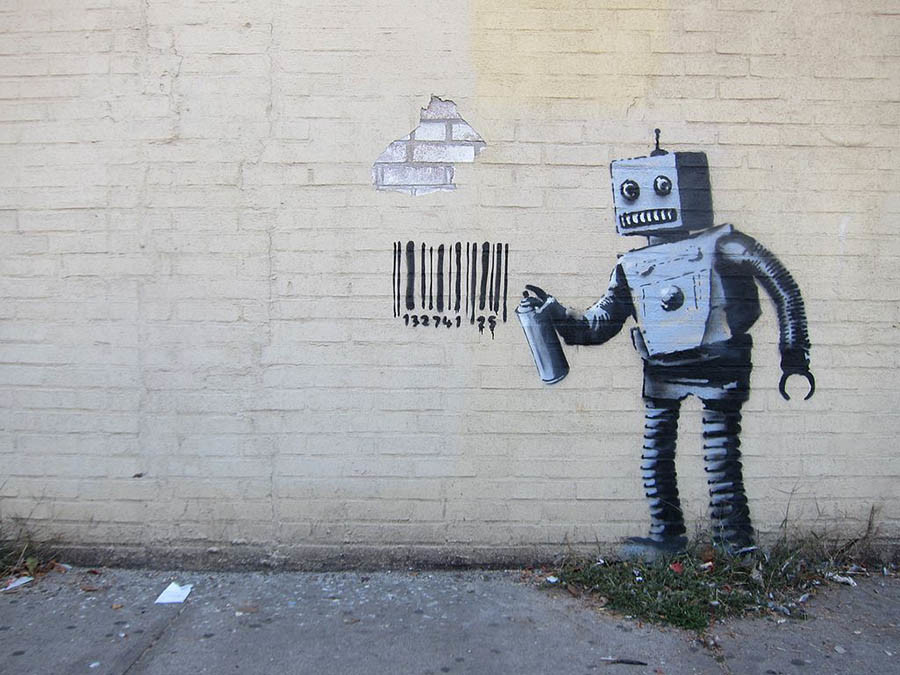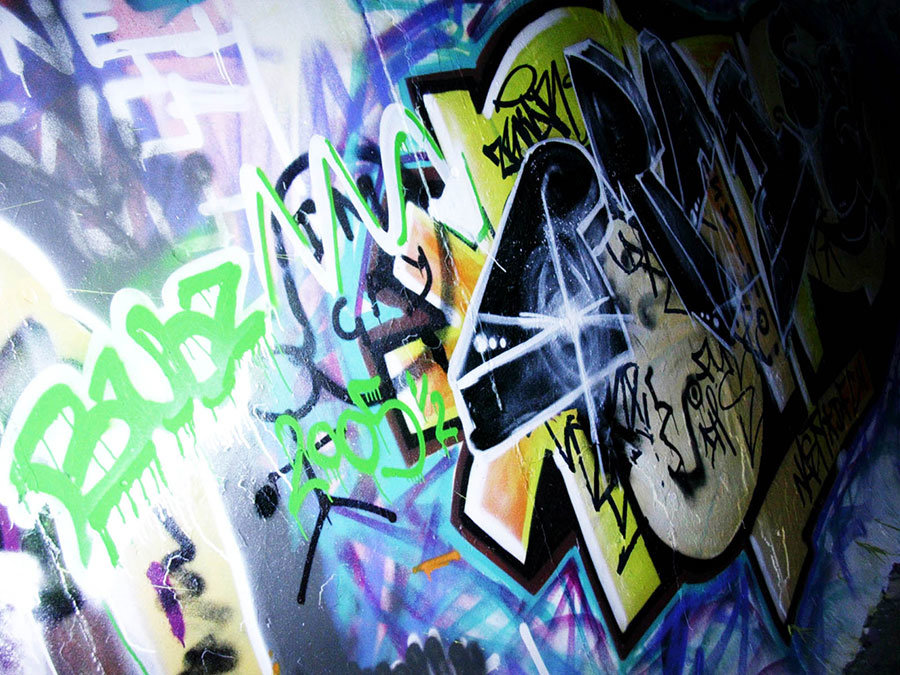Table of Contents
Steps to Beating the Spray Paint Vandals.
If you’ve been unfortunate enough to have been the victim of paint vandalism on your premises, the first step to successfully remove graffiti is to act fast. Once discovered, it is advised to get to work in removing the spray paint within the first 24-48 hours of discovery.
Not only will acting quickly help to effectively remove it, it will also send a clear message to would-be vandals that your not going to tolerate such actions or give in and succumb to their unsightly messages sprayed across your walls. Some would argue it is a form of expression that carries artistic value, but when it affects your property, it’s no laughing matter and can have many negative consequences for your business.
If you’re responsible for the exterior maintenance of your building, it’s a hassle and expense you could do without. Whether you choose to tackle removing the graffiti yourself or hire a professional jet washing contractor to deal with the situation, either way it costs time and money and is something you do not want your customers or prospective client seeing when they come to your premises.
So if you have a graffiti problem that you want to get to grips with, here’s some tips on how to remove it from a number of common surfaces:
Remove Graffiti from Brickwork, Masonry & Concrete
Brickwork and masonry surfaces are a prime spot for graffiti artists as they offer a large attractive blank canvas to do their work. Brickwork and masonry can be particularly tricky when it comes to removal, as you want to ensure you do not damage the pointing or mortar between the bricks on old structures and create further problems that need repair.
Porous unpainted surfaces tend to absorb the solvent based spray paints so usually require pressure washing. Chemicals and paint thinners may be tempting but tend to just spread the graffiti paint and worsen the appearance.
In most cases, try a pressure jet washer at around 3000psi but try to avoid using a narrow tip as this with etch masonry surfaces and leave a visible outline of the graffiti. Always work from the outside going inwards to avoid spreading the graffiti paint to clean areas. Some baking soda-based products or acetone can help to restore large areas of masonry, brick and concrete surfaces if applied without too much abrasion.
If the graffiti is very much engrained into the surface, you could try sandblasting the wall instead, but you will need to keep the tips moving over the graffiti at all times to avoid permanently marking the surface. So in these instances, hiring a sand blasting expert is the best approach.
Finally, if you have little success, you may have to either paint over the surface to sufficiently cover the graffiti up or hire a professional graffiti removal firm instead.

Remove Graffiti from Woodwork
Another place that is common with nuisance graffiti and tagging is wooden fences.
If the fencing is fairly new and has not showed any signs of weathering and is still fairly well treated with either a paint or wood stain, try wiping the surface with some white spirit or acetone which will thin the spray paint and start to remove it. If however your fence shows any signs of weathering, avoid this as using spirits will simply help the spray paints to absorb further into the wood.
If this is the case, a jet pressure washer will be your best option. By applying pressure from the outside edges of the graffiti and working inwards, you should start to see the paint eb away with some persistence.
If none of the above works effectively enough to remove all signs of the graffiti, you may have to paint over it or use a darker wood stain to hide it from view.
Remove Graffiti from Metalwork
Although not as common, graffiti can be found present on metal surfaces such as shop front shutters and doors. As metal is a non-porous material, removing graffiti is not as troublesome as brickwork or wood.
In most cases, you should have fairly good success using spirit-based thinners such as white spirits, lacquer thinner, acetone and even WD40 spray. By adding any of these and then rigorously rubbing the surface, the spray paint should start to thin and lift. If however you find there are still visible remnants of spray paint present, you may have to use something a little more abrasive such as wire wool or a very light sandpaper.
If all else fails, a pressure washer will undoubtedly get the worst of the graffiti off of most metal surfaces and should bring it back to life.

Remove Graffiti from Plastic Surfaces
Plastic does to tend to bond well with spray paints, even solvent based sprays so removal should be fairly easy. You will however want to avoid using any strong paint thinners or spirit based chemicals as they can react with plastics, causing them to soften leaving a cloudy and unsightly finish which is irreparable.
A light acetone or nail polish remover should start to get to work on most spray paints and if that fails, an ultra-fine wire wool lightly rubbed onto the surface should start to get the paint off. Avoid sandpapers however as they will scratch and dull the plastic surface.


